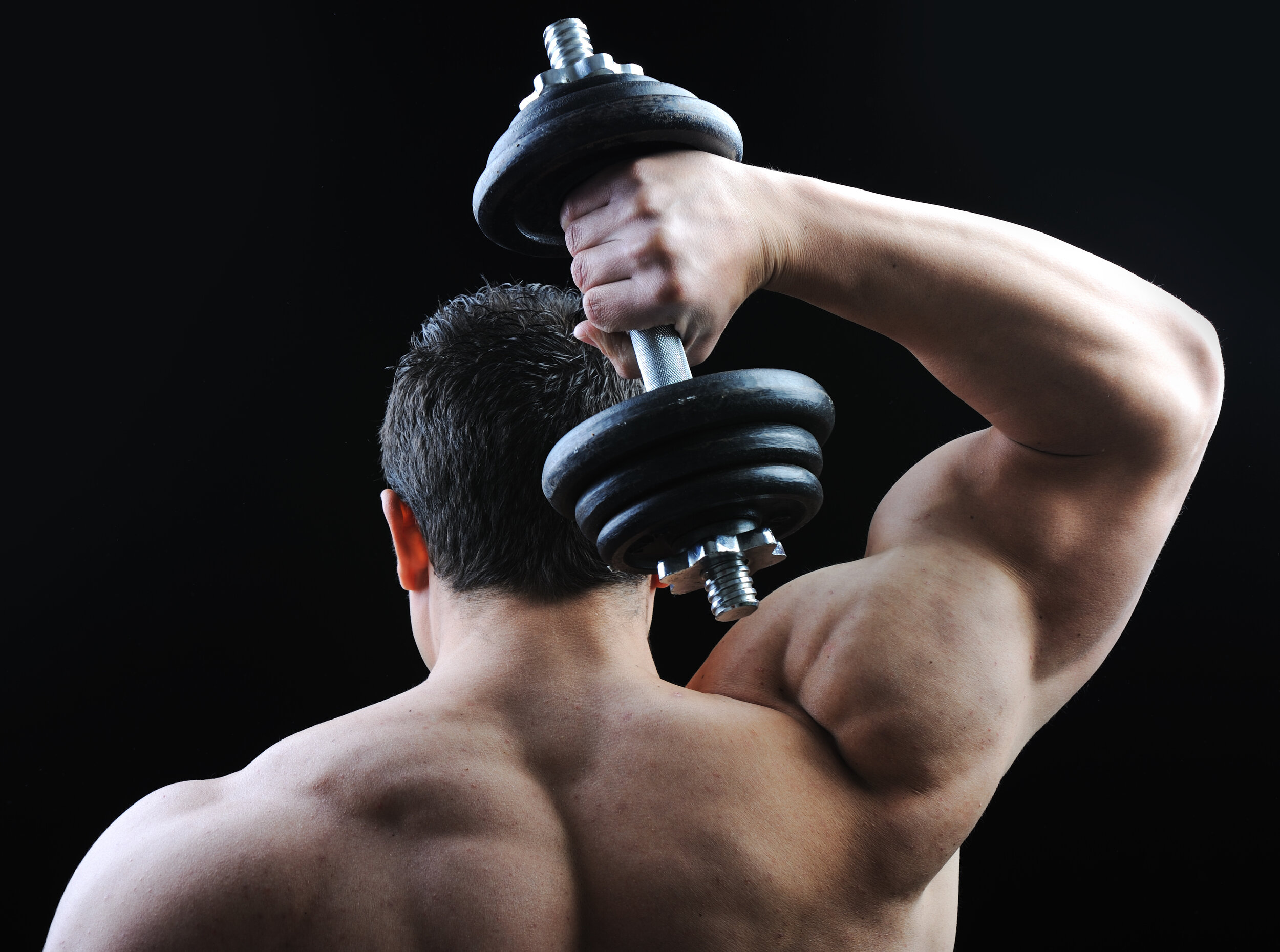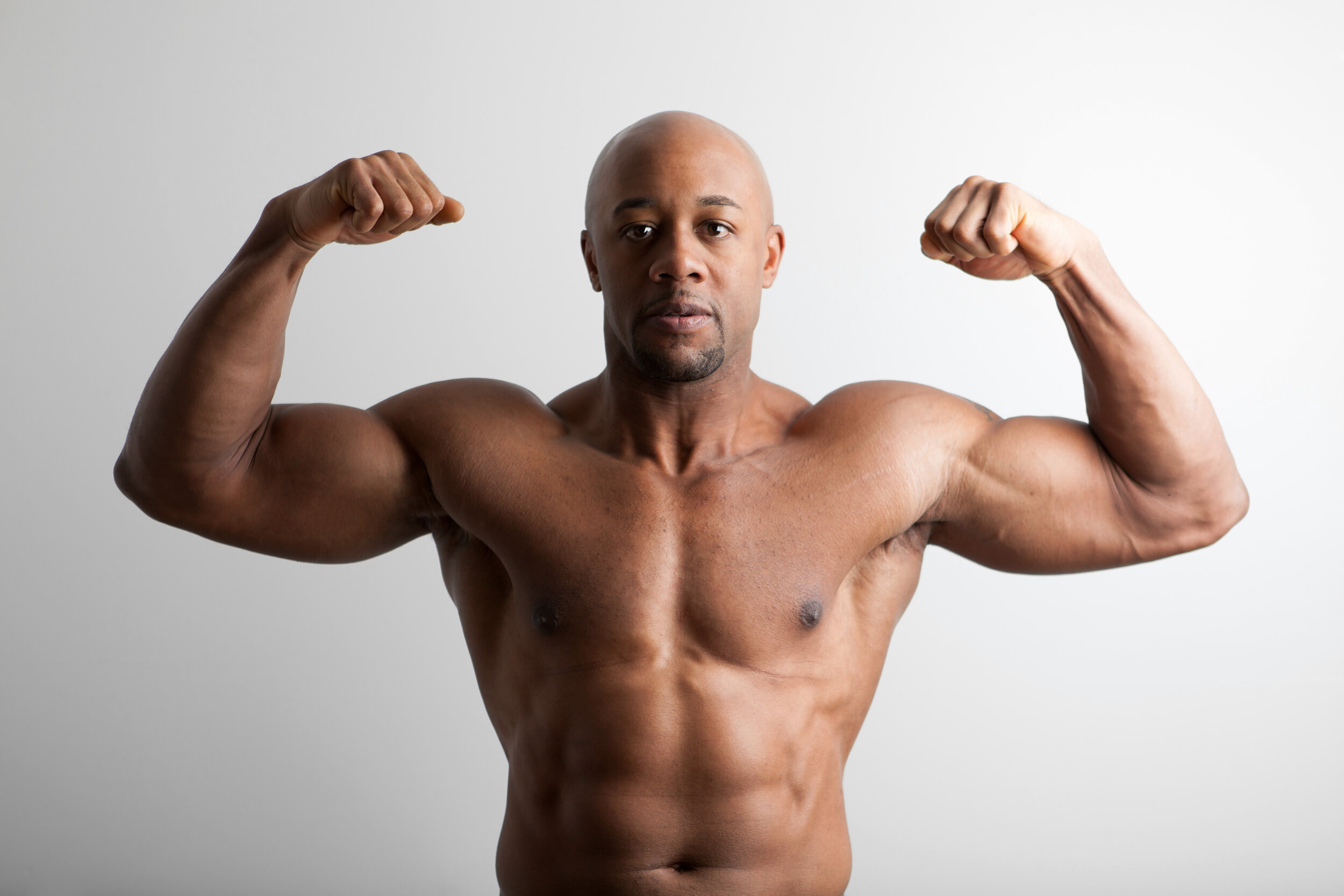

How Beginner Lifters Mess Up Their 1RM Attempts
Testing your one rep maxes (1RM) is a way to measure strength progress, but there are a lot of wrong ways to go about them. Attempting maxes too frequently or too soon, wasting your energy during a warm up, or not tapering/peaking beforehand, can all lead to 1RM that aren’t representative of your strength. It’s extremely important to take proper precautions when doing 1RM because the heavier the weight, the more likely it is it’ll cause a serious injury if something goes wrong. Remember that there are many other ways to measure strength and progress, and not meeting your goal on a 1RM is not the end of the world, nor proof that your training isn’t working.

I Just Don't Like The Reverse Nordic Curl
The reverse nordic curl and the nordic curl have become especially popular recently becaue of the ongoing COVID pandemic and the fact that these are bodyweight exercises that can be done at home. Both of these exercises are tough and can be especially hard on the knees. The best thing you can do is listen to your body! If you don’t like an exercise or if it doesn’t feel right, there are plenty of alternatives out there.

Developing The Delts
The deltoids are an important muscle group that work in conjunction with the back, shoulders, and pectorals. They are a small muscle group and therefore they grow more slowly. Training them is a long term goal that requires patience, strict form, and more patience. The trapezius muscles (traps) are also key in developing the delts and are also difficult to isolate and train individually. There are many excercises that help specifically build up the delts and traps, but they can also be trained during your normal lifting routine. The posterior delts are the least targeted during regular training so if you want to develop the delts, make sure you focus on this area.
How To Avoid Loss of Progress During Time Off
It’s harder to lose muscle mass than we think it is, people can go up to a month off without noticable muscle mass loss. Strength is harder to maintain in off periods, but once training resumes, strength quickly returns. The most important thing you can do, whether your break is due to traveling, injury, or something else, is to continue doing whatever physical movement you can until you training starts again.

When Do We Physically Peak? (Peaking Part 2)
Olympic weightlifting is the main professional lifting competition, but Olympic athletes cannot be used to assess averages for lifters. The people who make it to the Olympics have genetic and social advantages that make them the best in the world.
The margin of winning at these high levels is so small that even the most dedicated and talented athletes may never make it to the Olympic Games and could quit trying to compete well before their physical peak.
Research in masters lifting has shown that most lifters were physically peaking between ages 30-35, and although their abilities do start decreasing, it’s at a much smaller and slower rate than people tend to expect.
Career peaking is a social construct and should not be used as the only way to measure expected performance and growth.
